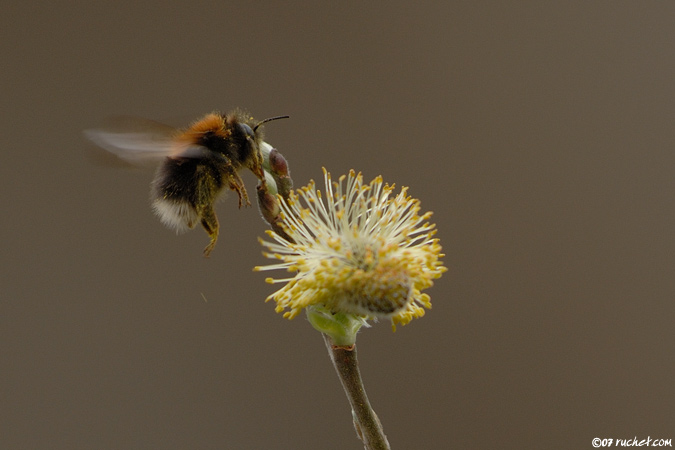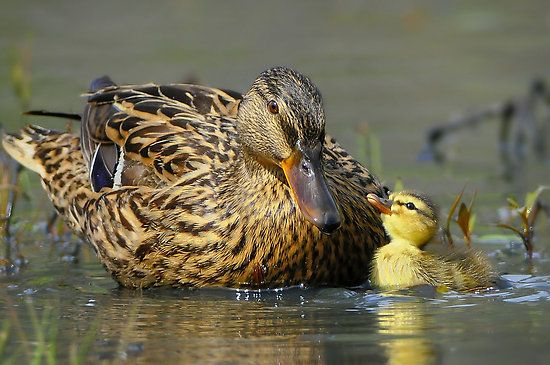I dread being a middle class late middle aged (tick, Wal !) soppy.

The crooning “Aaaaahhhh !” is not for me, nor pink frills or fairytale anything. Other than real fairytales and they are dark. I have a cherished memory of the leonine Glenda Jackson telling me how much she liked babies (“People just think you don’t, with this face”) and I remember a boy a couple of years older than my probably five year old son asking me “Why do you call him honey ?” It took too long to explain that I call anything for which I have that mixture of appreciation and affection by some endearment or the other. I called the bumblebee on the ilex blossom darling.

I heard myself, well meaning loon.
There is the man or woman who calls everybody darling – it saves learning names. Darling simultaneously brings you close and pushes you away – how useful. A controlling device, and contextually variable, the difference between “I say ! Darling …” and “ Now you listen to me, darling …” being several miles over choppy water.
A woman much older than me recently called me ducks- I hadn’t heard that since my mother died in 1988

and I was thrilled. I was touched to hear Tina Turner describing how her oldest son always began his telephone conversations with “Hello, dear …” And she wished she had paid more attention when that stopped, which she now felt was an indication of trouble.
There are people who don’t use endearments. My son’s voice colours what he says.

He may use endearments to his other nearest and dearest, but not me and, instead of finding it cold, I find it particular, coloured as I say by the voice itself. Or there are those who make the endearment out of a word. My big love called me Kid. Oh I loved Kid. Kid was private, kid was special, kid gave me a place to be and when I heard him use it to somebody else, my heart sank, chilled. Was I no longer special ? Was it no longer special ? Probably both. Ouch.
There are people who use endearments as placement as in “Now you listen to me, my dear …” Older person to younger person, usually but not always man to woman – might be reassuring, might be patronising – might be both. Endearment can be frankly diminishing “Now, you listen to me, sunshine …”
There are endearments admired: I once wrote of the very old frail couple who lived up the street when I was a child and Mr. Moss occasionally called me “’unny” . I loved it, it sounded sweet and appreciative and special. I doubt very much that my patents ever used “sweetheart” to anybody but me and my sister.

And the diminutive (sweetie) is reserved for the very young or vulnerable.
Over time, you learn how you use words. It will not be like anybody else. I could analyse for you my broadcast voice and how I used slang and the occasional endearment to take the edge of the bad news I often brought. You want the voice to be clear but you want it to stay warm. Buns and I (old radio hands) endlessly bemoan the death of warmth in broadcasting. It’s not fuzzy warm, it’s “I’m with you” warm we want.

But that depends on being able to rely on a flexibility of language which is sadly in decline.
It is of course highly personal but there are endearments from which you recoil. Precious from my mother, yes – nobody else. Babe and baby haven’t come my way very often outside New York and of course language moves, endearments change and what you are left with is either fashion or vocal intention.
I asked a young man in his 30s if I could speak to his very large ageing pit bull. He said he would like that and looked at me curiously while I began offering my hands to sniff, stroking his muscular neck and caressing ears to bliss. The dog leaned on me. I murmured every loving word. “Never seen him do that” said his owner. “You really made his day – mine too.”


My favourite to my more junior loved ones is “Cherub”. Trouble is, unlike their mythical counterparts, my Cherubs grow up.